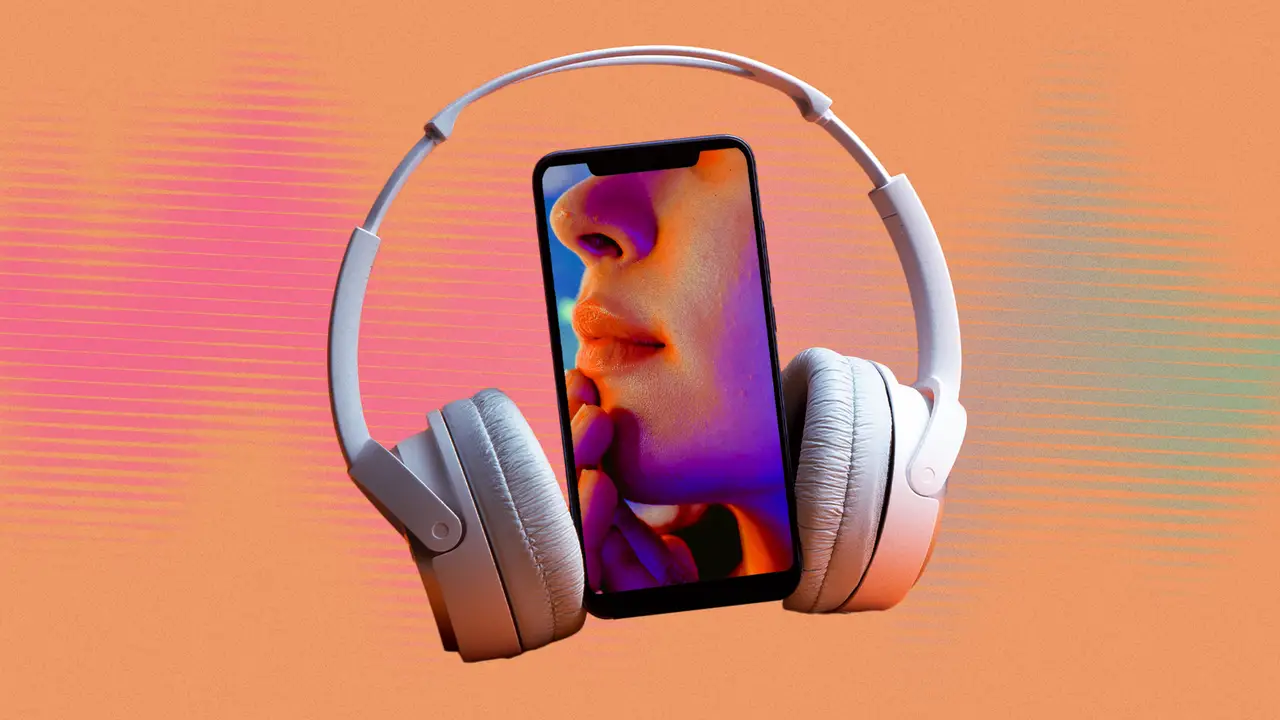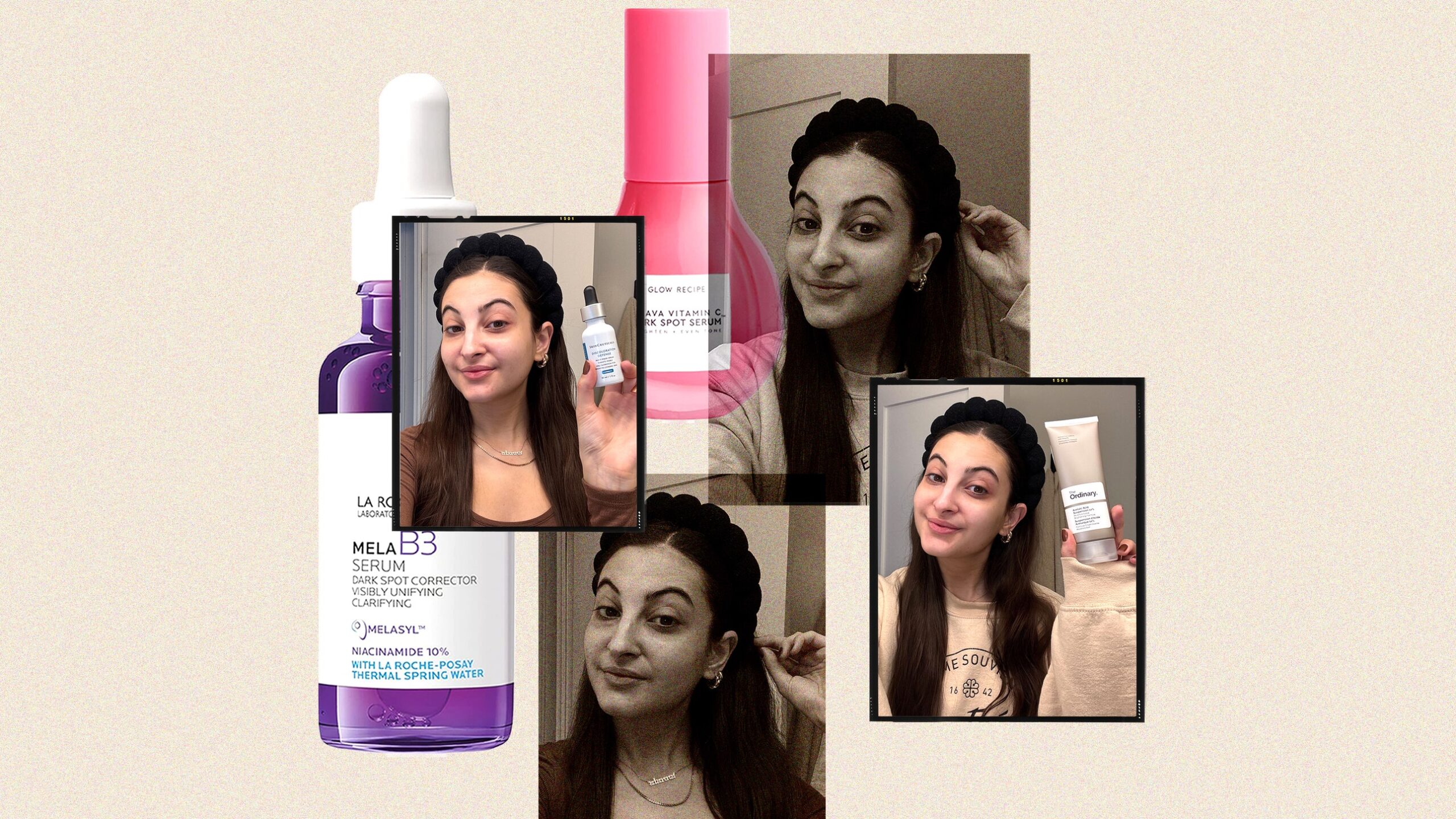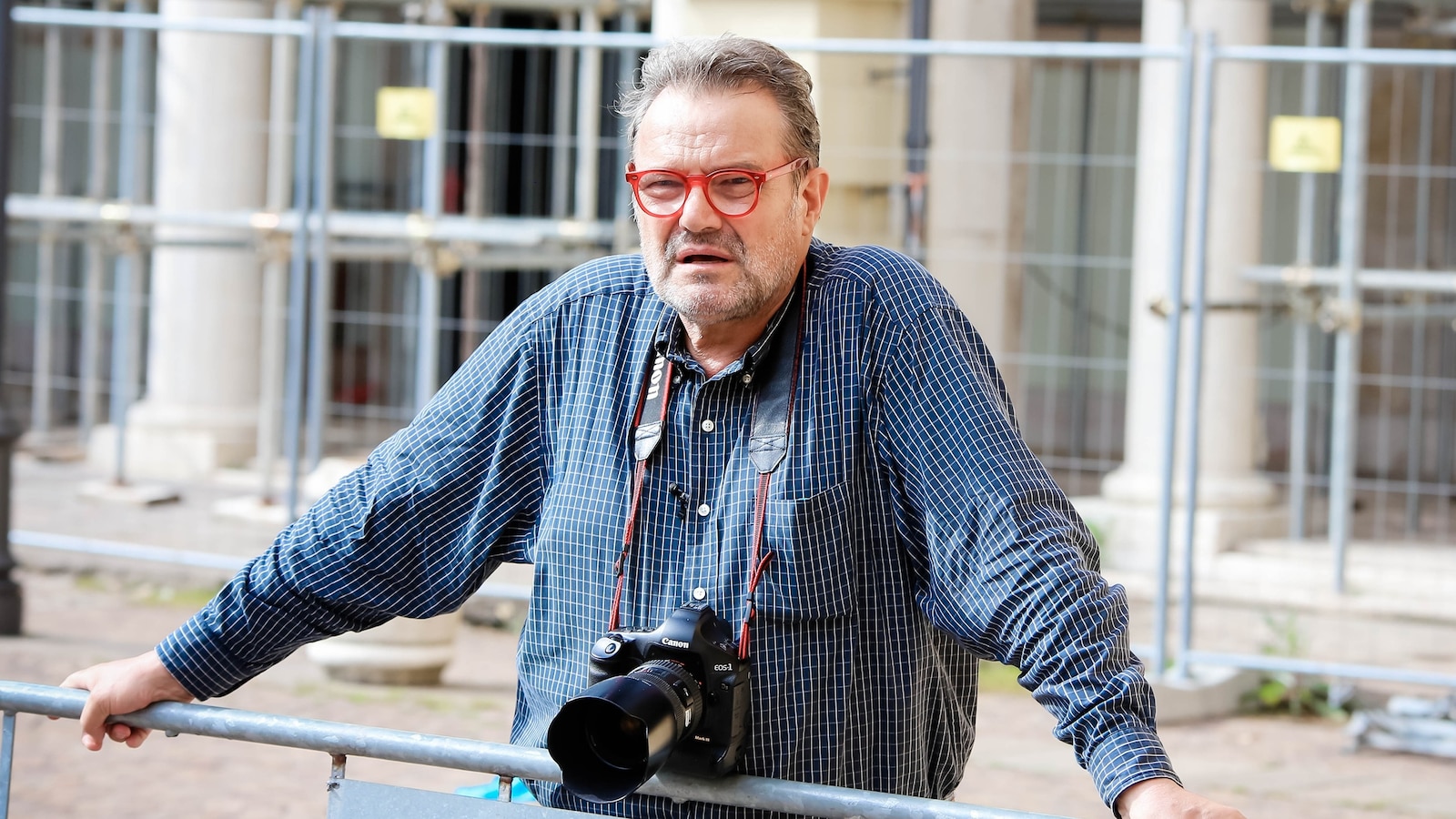
Since I was 14, I’ve suffered from acne on-and-off—from mild to severe—for nearly 30 years, making me part of the 41% of women who experience adult acne. Last year at 43, I had the worst cystic flare of my life. Swollen welts the size of quarters decorated my forehead, painful scarlet bumps emerged on my chin, and ugly comedones oozed near my nose. As a frequent dermatology patient, I’ve often had to tweak my skin care products and prescriptions. But when my carefully curated mix of over-the-counter treatments and prescription topical and oral medications stopped working entirely, I needed a new strategy.
Desperate for advice, anecdotes, and answers, an internet search turned up an acne and diet-focused episode of The Doctor’s Farmacy, a functional medicine podcast. When the host, Dr. Mark Hyman, MD, mentioned offhand that he got pimples after eating coconut, I connected his comment to the shredded coconut I had been adding to my morning oatmeal for extra protein. While eliminating coconut didn’t cure my bad breakout, acne podcasts turned out to be another solution for me entirely.
I started binge-listening to the best acne podcasts ranging from scientific to woo-woo, including board-certified hosts who cover prescription medicine and clinical treatments, nutritionists who discuss gut health’s role in acne, to beauty experts who give tips on cosmetic cover-up tricks for pimples and the hyperpigmented aftermath. These episodes helped me figure out a multi-faceted, systemic approach that eventually got my acne under control.
Podcasts have become more helpful to me than any other acne resource. I can skip through basic advice (don’t pick; see a dermatologist) and the aural format protects me from sensationalized visuals á la Dr. Pimple Popper or being teased by smoothie-drinking glass-faced lady spon-con. And podcasts, quite simply, are portable, multitask-able, and on-demand.
Immediacy is helpful for acne sufferers waiting to see a dermatologist, or without a budget for alternative treatments not covered by insurance. “It’s really hard to have these long, in-depth conversations at your insurance-based dermatology practice,” says Dr. Mary Alice Mina, MD, a dermatologist and dermatologic surgeon at Baucom and Mina Derm Surgery. Dr. Mina started her podcast, The Skin Real, almost two years ago in order to provide expert skincare advice as an additional resource for her own patients and for listeners who find that short doctor’s appointments don’t provide enough time to address all of their questions.
Katie Stewart, a registered holistic nutritionist based in Canada, who has specialized in acne and nutrition since 2017 and co-hosts The Clear Skin Chronicles Podcast, also says that longform episodes provide space for disseminating information in a way that other media cannot. “The podcast format really allows us to show the complexity of acne and all of the different facets that go along with it,” she says. “Listeners can get thorough and deep insight into individual topics instead of a 2000-character Instagram post.”
Chronic acne sufferers like me know there’s no quick fix for cystic acne, and for those of us who get breakouts from things like hormones, glucose, environmental factors, food sensitivities, and inflammation, acne podcast episodes offer resources that can cover all potential triggers in depth.
When I was at my most demoralized and broken out, I was comforted by the empathetic banter on the Teaching My Friend Nutrition podcast, hosted by Atavia Minoudis, an orthomolecular nutritional therapy consultant with an online practice in the United Kingdom and her friend Laura Bennett. Minoudis keenly understands the need for the right tone when talking about acne and has started a new podcast about Irritable Bowel Syndrome, another sensitive healthcare subject, because she wants to “make accessible, easy to understand, enjoyable content to consume.”







